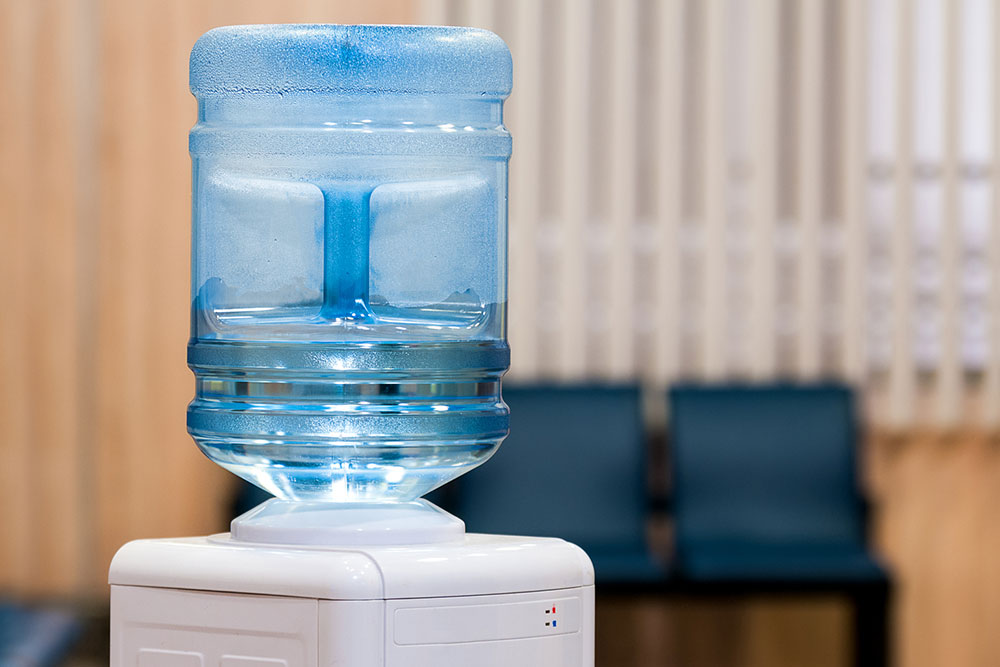
5 harmful side effects of drinking tap water
For humans, water is vital for survival as it regulates electrolyte levels, lubricates joints, and transports oxygen and nutrients. For drinking purposes, tap water is often preferred since it is convenient and cost-effective. However, unbeknownst to many, tap water is also filled with invisible contaminants and can be quite dangerous for long-term use. Here are some of the side effects of drinking tap water and the reasons why one should purify it before consumption.
Contains chlorine
Chlorine, a chemical often found in tap water, is known for producing many corrosive acids. Chlorine is mainly used in water treatment facilities to disinfect the tap water. While it doesn’t show signs immediately, drinking chlorine water for a long time can put one at risk of developing chest and lung irritation, cough or sore throat, breathing issues, or even cancer.
Presence of heavy metals or impurities
Even though the local municipal authorities regulate tap water, one can often find small traces of chemicals or heavy metals like mercury, copper, lead, cadmium, and aluminum. If it has not been purified, it does not entirely eliminate all the toxic heavy metals. These metals, as they collect in the body over time, can cause brain deformities, kidney issues, high blood pressure, and other health concerns. Similarly, elements like calcium or magnesium present in tap water can also irritate the skin, mainly among people with sensitive skin. Groundwater is another source of residential tap water, which naturally contains a chemical called arsenic. This chemical can trigger health issues from skin discoloration and diarrhea to partial paralysis or blindness.
Contaminated with bacteria
Sometimes, the tap water, despite being treated with disinfectants, does not successfully kill the harmful bacteria. This problem can worsen if there’s a leakage or other problems with the pipes that carry the water to one’s home. People with a lowered immunity may fall sick more frequently or suffer from symptoms like cough, sneezing, or itchy eyes. It may be a result of drinking tap water with bacterial content. In worst cases, this may put one at risk of developing waterborne health conditions like typhoid or cholera.
Pharmaceutical or agricultural residue
Farmers use many pesticides and fertilizers for crops, which enter into the water sources and, subsequently, into one’s tap water. Similarly, residue material from pharmaceutical companies or improper disposal of human and industrial waste may get mixed with the water sources and find their way to one’s tap water.
Lacks strict regulation
Tap water is far less regulated, so one may find that its quality varies from place to place. This variation can happen due to differences in water treatment methods, the condition of infrastructure, and the presence of pollutants in water sources.
All of these issues can cause digestive and skin problems and lead to more severe health concerns in the long run. To avoid this, one can adopt preventive measures like boiling water before consumption, buying mineral bottled water, or investing in a good system like a water filter or water purifier. The water purifier uses three methods to purify one’s drinking water-
- Reverse osmosis (RO), which works to filter out the contaminants and impurities
- Distillation, which boils the water and collects the pure and contaminant-free steam for drinking
- UV treatment that kills viruses and bacteria using ultraviolet light
Besides this, it improves tap water quality with a better taste, adds essential minerals, and is relatively more affordable than purchasing mineral bottled water bottles or refillable jar dispensers.







